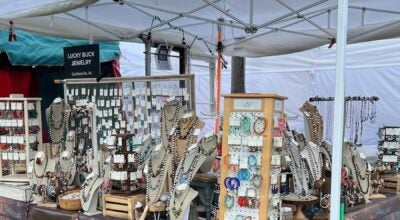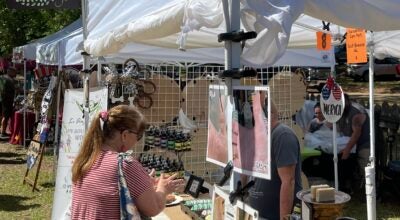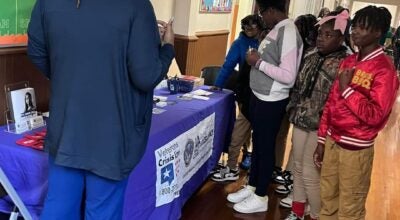Sewell issues statement on Gov. Ivey’s announcement of U.S. Civil Rights Trail
Published 4:45 pm Friday, January 19, 2018
|
Getting your Trinity Audio player ready...
|
Special to the Signal
On Martin Luther King Day, Governor Kay Ivy announced Alabama’s participation in the U.S. Civil Rights Trail that includes more than 130 historic sites, through 14 states, including the Lowndes Interpretive Center.
The sites highlight major events in the Civil Rights Movement and Alabama has the largest number of sites on the trail. Included among the 30 sites in Alabama are the 16th Street Baptist Church, the Edmund Pettus Bridge and the Tuskegee Airmen National Historic Site.
“I’m very excited to see the incredible legacy of the Civil Rights Movement honored with the U.S. Civil Rights Trail. As the U.S. Representative of Alabama’s Civil Rights District, I believe that the struggle for equality and justice fought for by Dr. King, the freedom riders, the foot soldiers, and so many others should be celebrated and remembered every day, not just once a year,” Sewell said.
“In today’s political and social climate, understanding our past is vital. It is said that those who fail to learn from history are condemned to repeat it. My hope is that the creation of the Civil Rights Trail will foster greater understanding about race in our country while promoting tourism and better economic revitalization for these historic sites,” she said.
According to information provided by Sewell, destinations included on the U.S. Civil Rights Trail include: Atlanta, Georgia; Birmingham, Alabama; Farmville, Virginia; Greensboro, North Carolina; Jackson, Mississippi; Little Rock, Arkansas; Memphis, Tennessee; Montgomery, Alabama, Nashville, Tennessee, New Orleans, Louisiana; Selma, Alabama; Sumner, Mississippi; Topeka, Kansas; and Washington, District of Columbiana.
In Alabama, the destinations include Anniston, Birmingham, Monroeville, Scottsboro, Selma, Tuscaloosa and Tuskegee.
And under things to see and do in Selma are Brown Chapel AME Church, the Edmund Pettus Bridge, the Lowndes Interpretive Center, the National Voting Rights Museum and Institute, the Selma Interpretive Center, the Selma to Montgomery Historic Trial which marks the 54-mile path between Selma and Montgomery, and the Sullivan and Richie Jean Sherrod Jackson Foundation and Museum.





